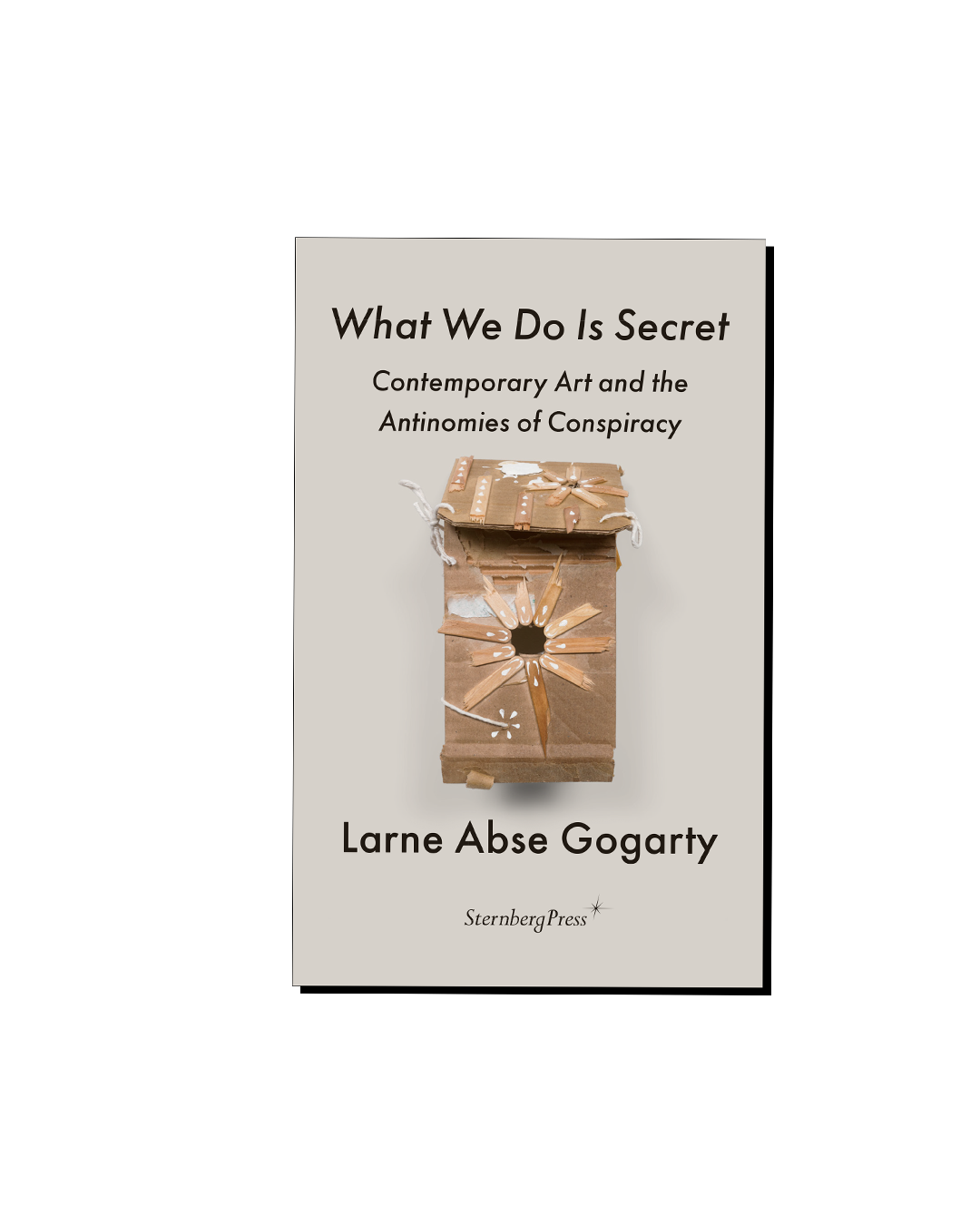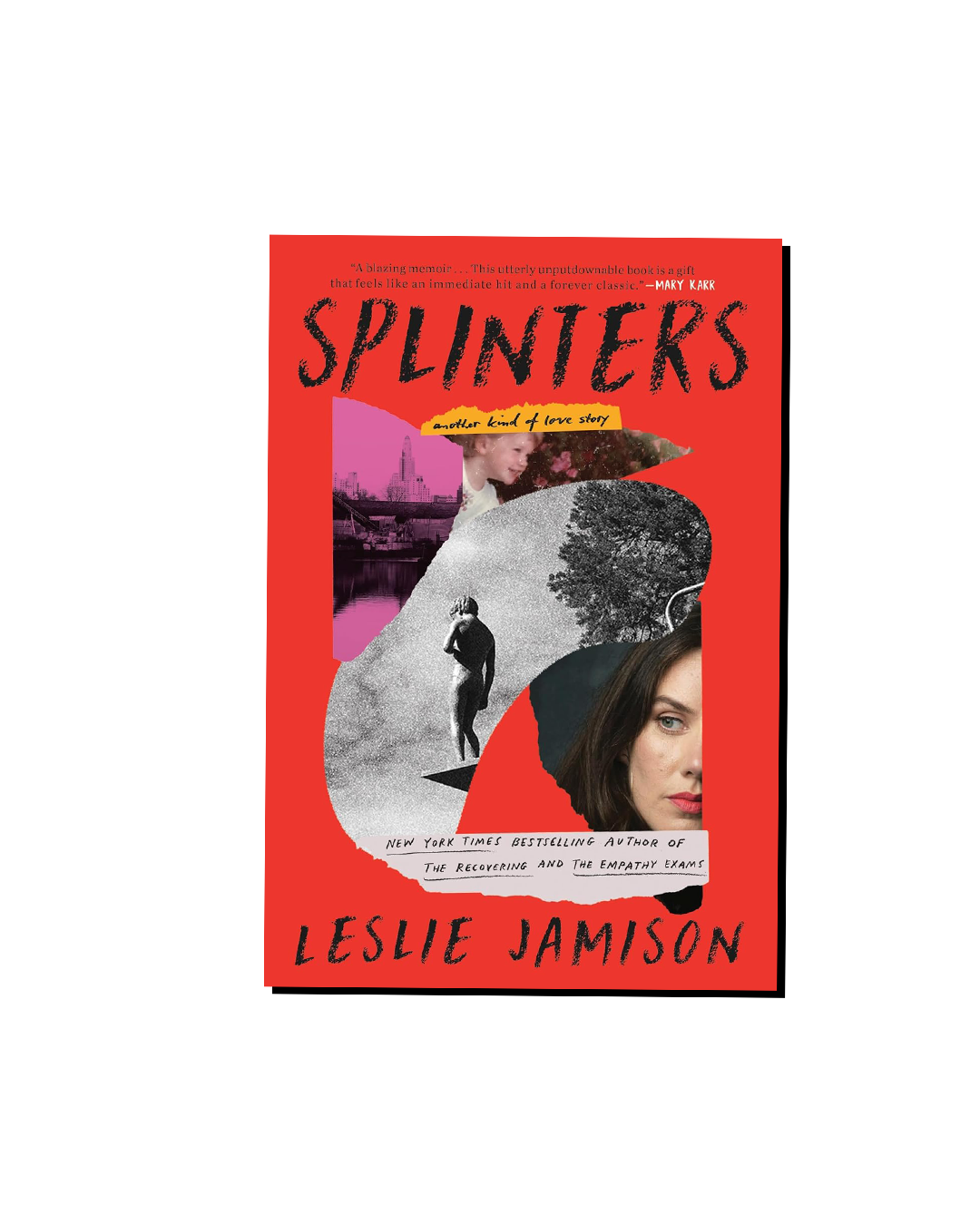Shear Defiance: On Andrew Drummond’s “The Dreadful History and Judgement of God on Thomas Müntzer”
By making Müntzer a scapegoat, Catholics and Lutherans cemented his reputation as an uncompromising iconoclast. This image only made the preacher more appealing to later generations of radicals.
Ways of Seeing: On John Berger’s “Cataract”
It is both within the custom of writerly sight, then, and a cruel irony, that Berger, whose popularity is most connected to Ways of Seeing, would later come to develop cataracts in both eyes.
Brat2Brat: On Gabriel Smith’s “Brat”
Style is sexy, but without its earthly trappings—the meaty, earthy details that give texture and life to a novel—it floats away as soon as the book is shut.
Who’s Cooking Beautifully: Formalism and Younger Poets
Armen Davoudian’s first full-length book, The Palace of Forty Pillars, shows for the first time in far too long what meters and rhymes and inherited forms, used deftly and clearly to speak of real lives, can do.
Shakespeare Was Gay: On Allen Bratton’s “Henry Henry”
If you are deeply offended by Bratton’s decision to adapt Shakespeare’s historical masterworks into a novel about incest, addiction, and fucking, consider what he was up against.
The Limits of Artificially Intelligent Poetry: On Lillian-Yvonne Bertram’s “A Black Story May Contain Sensitive Content”
To do so would call into question the political viability of Bertram’s poetic practice, which is stuck at the level of the model, taking it as a given and merely tweaking the parameters.
The Size of Life: On Dino Buzzati’s “The Singularity”
Buzzati makes a case for the necessary limitations of the “wretched flesh” in which we experience life, experience that cannot be reduced to the digital binary—singular experience.
Perpetual Obscurity: On Juan Rulfo’s “Pedro Páramo”
From this angle, it’s almost as if the narrative itself—an ethereal ghost story and a cautionary tale about land grabs—is inconsequential to the book’s real currency: its paradoxically prominent underappreciation.
Parables and the Picaresque: On Djuna Barnes’s “Ryder”
The Ryders are an antithesis of an aristocratic dynasty, closer to modern-day rednecks than the ancestral tradition Barnes pays homage to in her Elizabethan prose.
Feelings Over Facts: Conspiracy Theories and the Internet Novel
But they also promise a conditional escape: if you attain the right knowledge and listen to the right people, you might be able to save yourself and those you love.
Eating Time: On Marosia Castaldi’s “The Hunger of Women”
Rosa has entered a different understanding of time and its allotments, one removed from the linear progression for heterosexual women as dictated by girlhood, marriage, and childbirth.
Make It News: On Chris Marker’s “Eternal Current Events”
Marker’s lesson, in part, is that the news is what you make it, but you cannot make it just as you please.
Emptying the Pond to Get the Fish: On Robert Bresson
His films have neither the populist classicism of Francois Truffaut nor the chic experimentalism of Jean-Luc Godard; and unlike with Eric Rohmer, no one is curating Instagram accounts with outfits from his oeuvre.
Going Wild: On Kathryn Bromwich’s “At the Edge of the Woods” and Nan Shepherd’s “The Living Mountain”
At the Edge of the Woods is at once a feminist revenge fantasy, a fabulist tragedy, and a psychedelic paean to the wonders and blessings of the natural world. It might be best summarized, though, as the story of a barren individual—reproductively, but also metaphysically—regaining the ability to feel.
Not My First Review: On Honor Levy’s “My First Book”
Far from the “novel in tweets” that critics warned us about, we’ve instead arrived at the primacy of the disembodied voice as a character in of itself, jostling in the void to be the loudest of them all.
Ethics of “Serious Culture”: On Greg Jackson’s “The Dimensions of a Cave”
If Jackson’s slim but astonishing oeuvre thus far boasts a leitmotif, it’s the (often male) doubles who embody some iteration of the dichotomy of the radical and the bourgeois—the guy who goes all in for life and love, and the guy who hedges his bets.
Reading Wo Chan in Ohio: On “Togetherness”
Wo’s is a drag poetics, intentionally unearthing all the unexamined bits of personhood, nature, and language itself in a sizzling burst of sequins.
Mired by Monolingualism: On “The Autobiography of a Language”
These languages are kin; overlapping in vocabulary and structure, but diverging in pronunciation: Ukrainian, it is said, is more melodic.
Beauty in the Breakdown: On Leslie Jamison’s “Splinters”
A certain kind of glamor resides not just in possessing a void like the great emptiness—which lends the person who holds it an air of depth, impenetrability, and mystery—but in one’s reaching for destructive, impulsive, or obsessive remedies to fill that void.
A Presence Solved by Its Own Absence: On Anne Carson’s “Wrong Norma”
Whatever answers are to be found lie in the blank space around them, that looming, claustrophobic blankness. Snow. Shame. History. Monstrosity. The steaming, stinking heap of it. Carson lets it answer for itself.




















